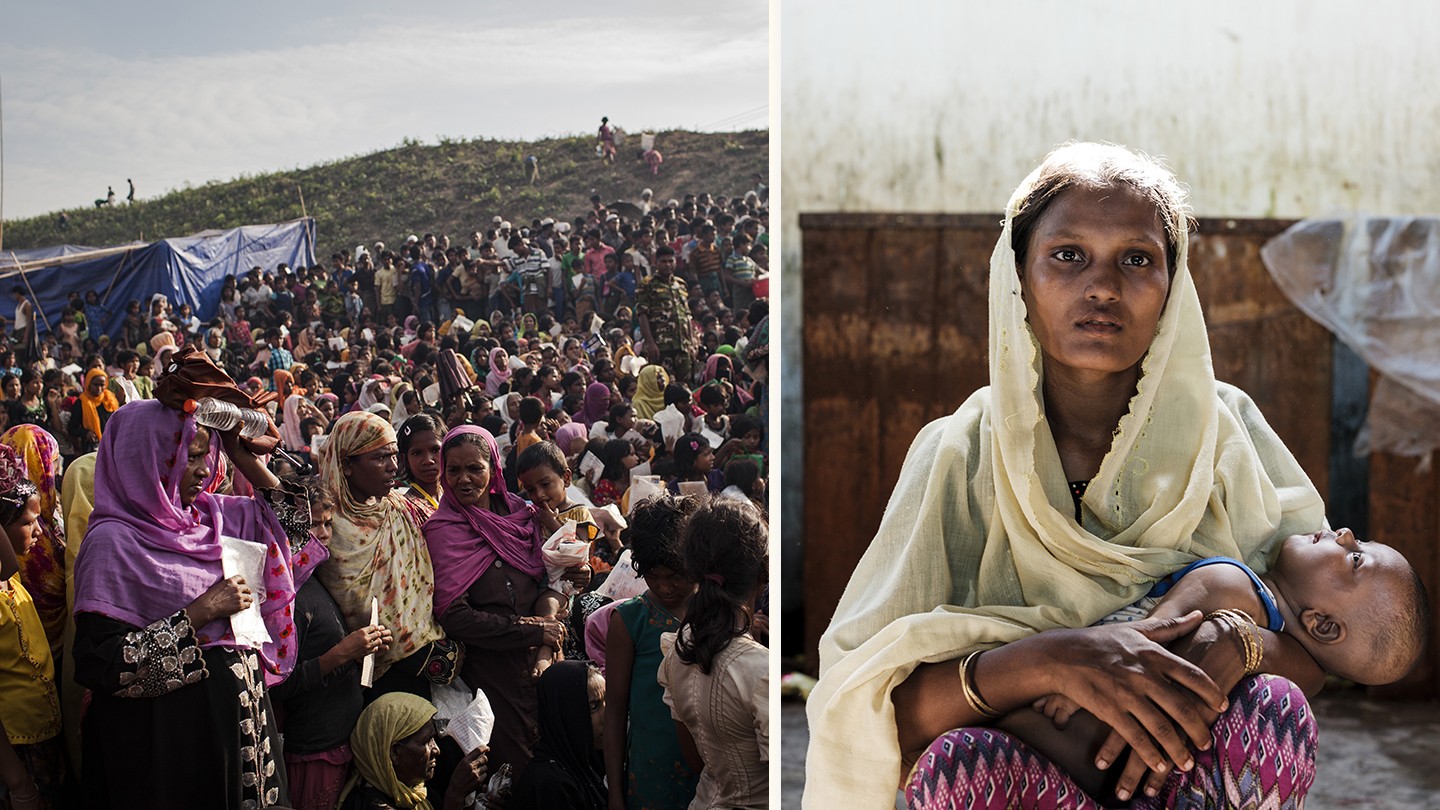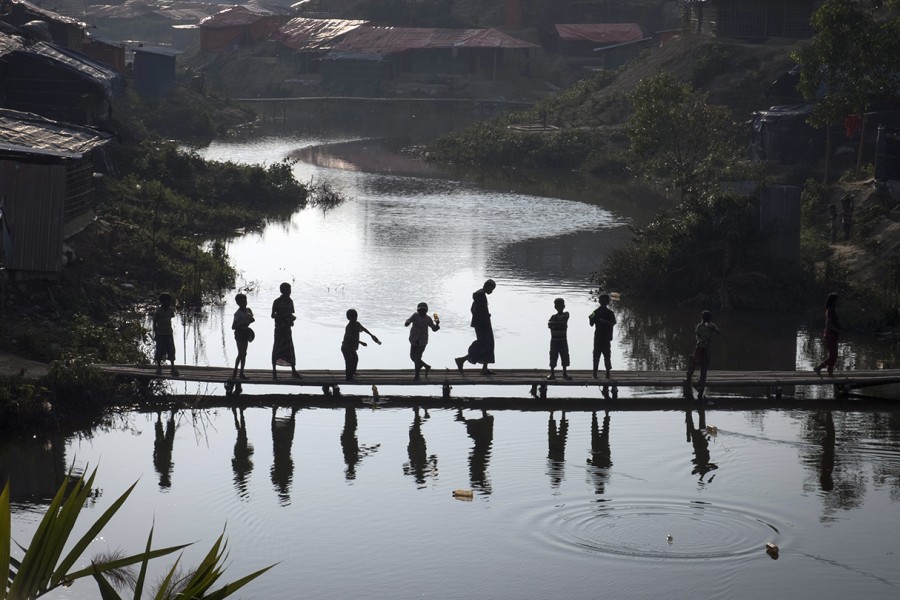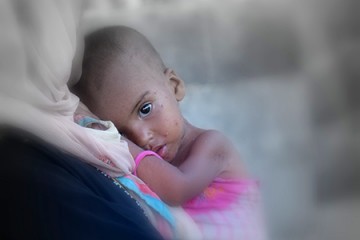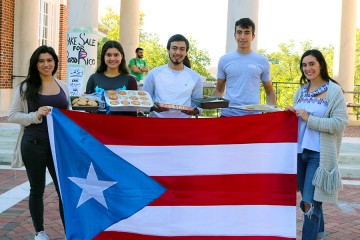As a crisis unfolds on the other side of the world, a group of Johns Hopkins students are determined to help in whatever way they can.
This Sunday, the Johns Hopkins Muslim Student Association will host its Spring Banquet to benefit an organization providing emergency aid to the Rohingya, a group of Muslims who have been systematically targeted and driven from their homes in Myanmar.
"I've been tracking what's going on in Myanmar since I came to Hopkins," says Zoya Sattar, a second-year international studies major and co-chair of MSA's external community relations. "This genocide is taking place right now, but the issue isn't in the headlines anymore. We wanted to do something about it."
Since last summer, an estimated 671,000 Rohingya refugees have crossed into Bangladesh—making it past land mines planted along the border by Myanmar authorities. They have survived rampant arson, rape, torture, and extrajudicial killings reportedly carried out by the Myanmar Armed Forces, only to face overcrowding, disease, and starvation in refugee camps.
In a commentary for The Lancet, Chris Beyrer, a professor at the Johns Hopkins Bloomberg School of Public Health, called the mass killings of the Rohingya a violation of human rights.
"The accounts of survivors and the evidence of widespread attacks on civilians make a clear case that crimes against humanity must be formally investigated and the perpetrators held accountable," he wrote.

Image caption: Left: Thousands of Rohingya refugees wait for aid at a distribution point in Cox's Bazar, Bangladesh. Right: 20-year-old Jannat holds her yet-unnamed baby who was born on a beach along the Naf River in Myanmar 15 days earlier.
Image credit: Patrick Brown / UNICEF
For members of the Muslim Student Association, the chance to provide aid to the Rohingya represents an opportunity to "be the change they want to see in the world."
"Every major change begins at a micro level," Sattar says. "The little things we do—educating people, raising money for charities—that's the best way to give back to the community and hopefully make the world a more peaceful place."
The Spring Banquet will feature Afghan cuisine catered by Baltimore restaurant Maiwand. It will also include a talk by Naveed Ahmed, assistant regional coordinator of the organization Helping Hand for Relief and Development, which is conducting an emergency humanitarian response in Bangladesh supporting Rohingya refugees.
Renowned Islamic scholar and activist Dalia Mogahed will deliver the keynote address, titled "Hope and Happiness in this Crazy World."
After dinner, the MSA will hold an evening prayer, or maghrib, in an adjacent room. Non-Muslim attendees will have the option to observe and join the prayer.
"There are a lot of misconceptions about what Islam says and what we believe, and a lot of that can be solved by simply knowing Muslim people around you," says Haroon Ghori, president of the MSA and a senior biomedical engineering and computer science major. "Events like the Spring Banquet—making a presence in the Hopkins community—go a long way toward showing what we believe and how we contribute to the community and the world."
The MSA Spring Banquet takes place Sunday, April 1 at 5:30 p.m. in the Glass Pavilion. Tickets cost $10 in advance and $15 at the door, payable by cash or Venmo. All proceeds from ticket and merchandise sales will support Helping Hand for Relief and Development.
Posted in Student Life, Politics+Society
Tagged fundraising, student activities, muslim identity










